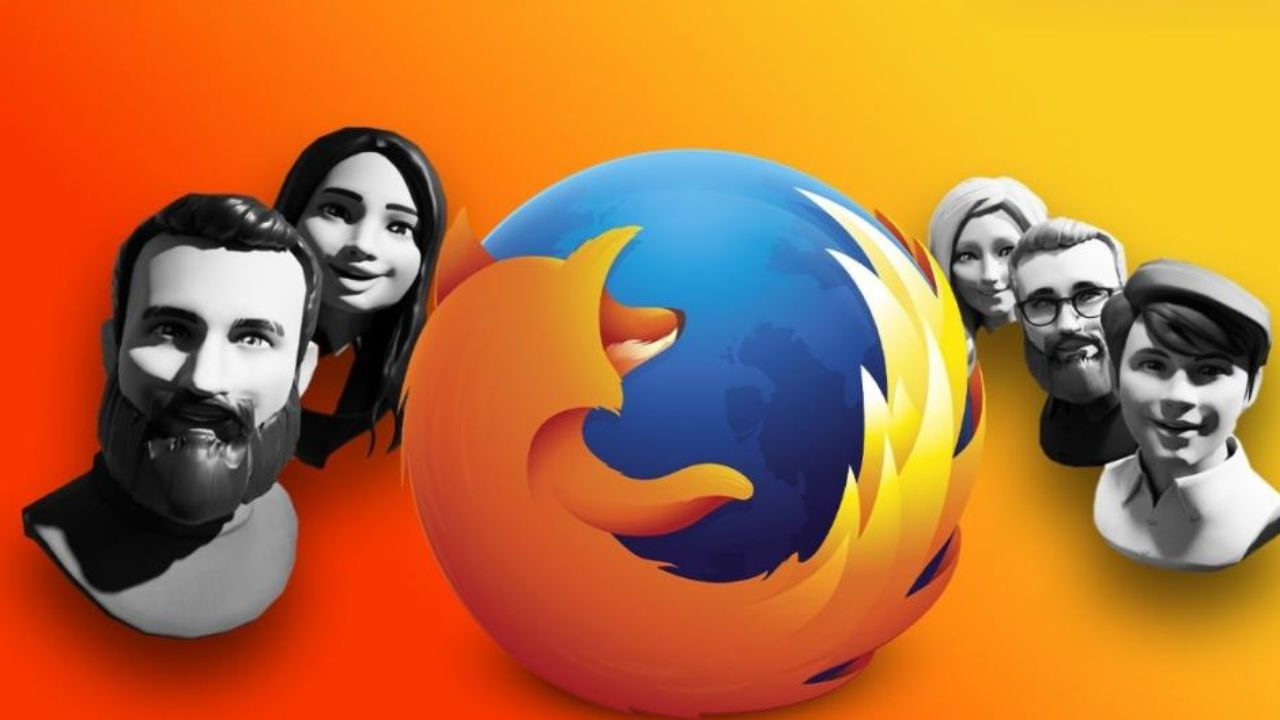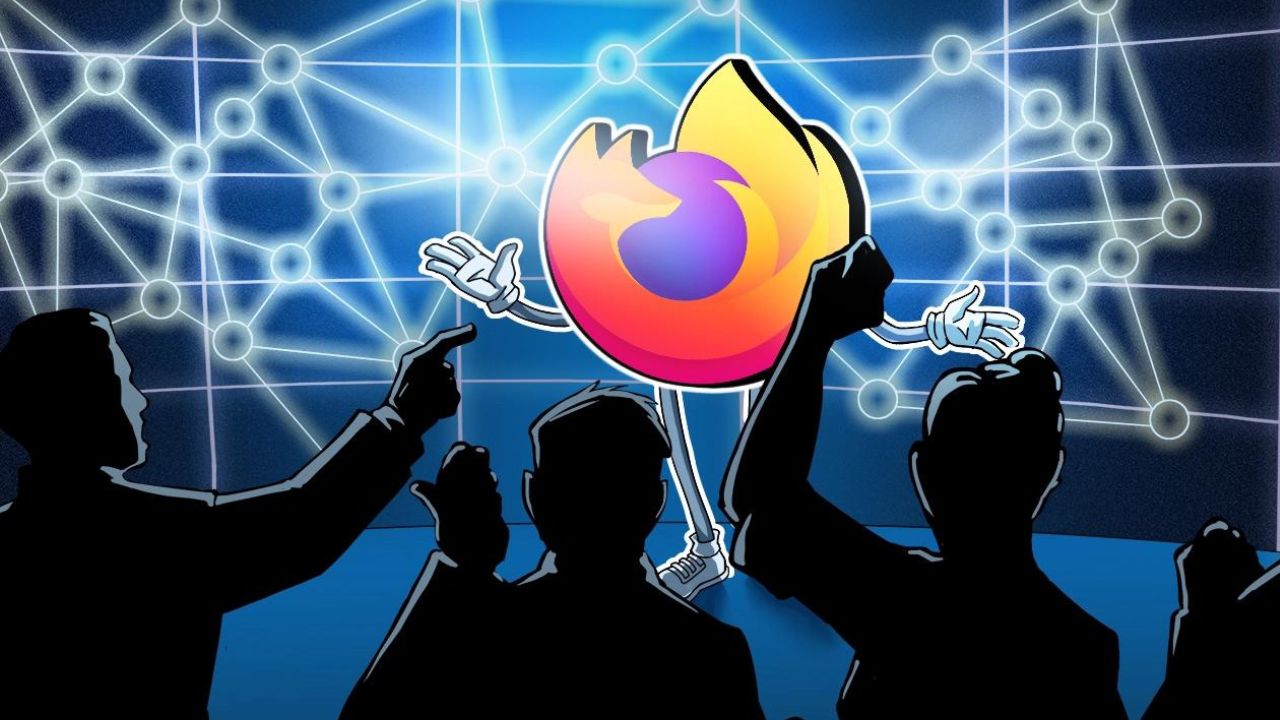Slack’s automatic status updater isn’t the only thing Mozilla acquired this week. On Wednesday, the company announced it had acquired Active Replica. Active Replica is a Vancouver-based start-up developing a “web-based metaverse.”
According to Mozilla SVP Imo Udom, Active Replica will support Mozilla’s ongoing efforts with his Hubs. Hubs is its VR chat room service and is an open-source project. In particular, believes that the Active Replicas team is working on personalized subscription tiers, improving the onboarding experience, and introducing a new way to interact with the hub.
We see this as a significant opportunity to bring even more innovation and creativity to the Hubs we could have done alone, Udom said in a blog post. We will benefit from their unique experience and ability to create amazing experiences that help organizations use virtual spaces to make an impact. They will benefit from our scale, talent, and ability to bring innovations to market faster.

Active Replica was founded in 2020 by Jacob Ervin and Valerian Denis. Ervin is a software developer by profession and AR/VR startup they have held positions at Metaio, Liminal AR, and Occipital. Denis has experience in project management. He has worked for VR companies such as BackLight, which specializes in location-based immersive VR experiences for brands.
Ervin and Denis wanted to use Active Replica to build a platform for virtual events and conferences based on Mozilla’s Hubs project. Active Replica sold a virtual event package that included venue design, event planning, live, entertainment, and technical support. Prior to the acquisition, Active Replica had not publically announced any debt financing. Ervin and Denis have accepted new jobs at Mozilla in the last few weeks and are now working as Senior Engineering Managers and Product Leads respectively.
Mozilla has long advocated for a healthier internet and has been an inspiration to us in its dedication and contributions to the open web. By joining forces with the Mozilla Hubsteam, we’re able to further expand on our mission and inspire a new generation of creators, connectors, and builders, Ervin and Denis said in a statement. Active Replica will continue to work with our existing customer partners and community.

Mozilla launched hubs in 2018, which pitched at the time as an “experiment” in “immersive social experiences”. Hubs provide the dev tools and infrastructure necessary to allow users to visit a portal through any browser and collaborate with others in a VR environment. Adhering to web standards, Hubs supports all the usual headsets and goggles (e.g. Oculus Rift, HTC Vive) while remaining open to those without specialized VR hardware on desktops and smartphones. Hubs recently expanded with the launch of a $20 per month service that did away with the previously free service but introduced account management tools, privacy, and security features.
Mozilla says it plans to introduce more layers in the future and reintroduce a free version, along with kits for creating custom spaces, avatar and ID options, and integration with existing collaboration tools. Mozilla’s fray into the Metaverse has mixed results. Hubs are alive and well, but its attempts to build a full-featured browser for AR and VR headsets ended in February 2022, as evidenced by its active replica acquisition, Meta Firefox Reality. While it helps develop new technologies such as WebVR and Web AR, it doesn’t always host them and incubate them long-term.
Thanks for Visiting our Website Solving Dad!
